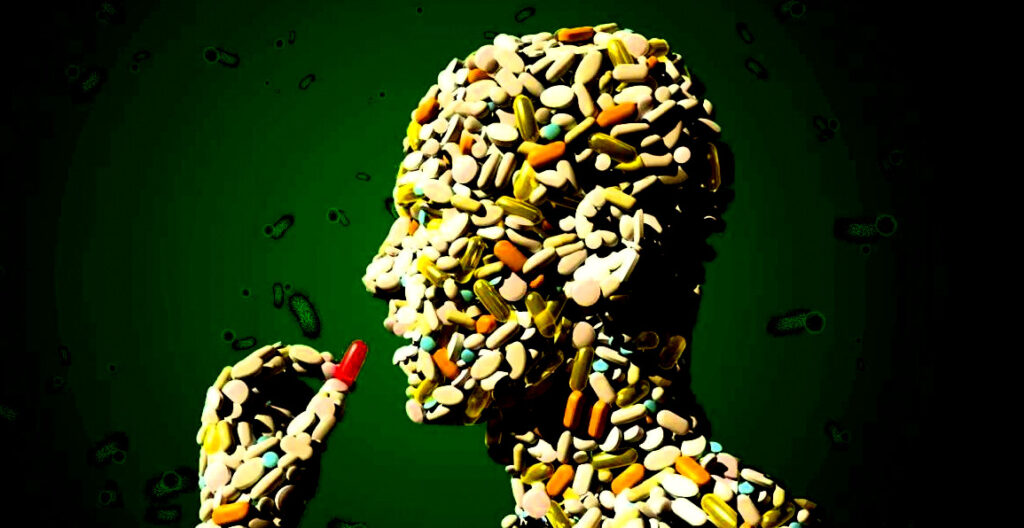Mental health means different things to different people. Mental ill health causes problems and creates barriers to being happy. It can be affected by external influences, and one of these is drugs.
Drugs that are psychoactive can cause certain emotions or dampen down others. The changes in mood or behaviour caused by drugs are the result of changes to the brain. Drugs interfere with the chemicals in the brain. This affects the messages those chemicals are trying to send
Drug addiction is a mental illness. This is because addiction results in distinct brain changes and can disrupt a person’s “hierarchy of needs and desires,” leading them to prioritize drug use above all else. A person’s ability to control their compulsion to use substances becomes significantly diminished as these brain changes occur, which can promote continued drug or alcohol use despite knowledge of the harm it is causing. The compulsive behaviors associated with substance use disorders (addictions) bear similarities to other mental illnesses. Drugs that can cause mental health problems:
- cocaine
- inhalants
- marijuana
- methamphetamine
- prescription stimulants
- steroids (appearance- and performance-enhancing drugs)
Like other illnesses, addiction may require long-term treatment approaches. This goes against the ideas that addiction is a simple issue of willpower or is a condition with the potential to be remediated by “just saying no;” instead, it is now seen as a “chronic and relapsing brain disease” that requires specialized treatment.

